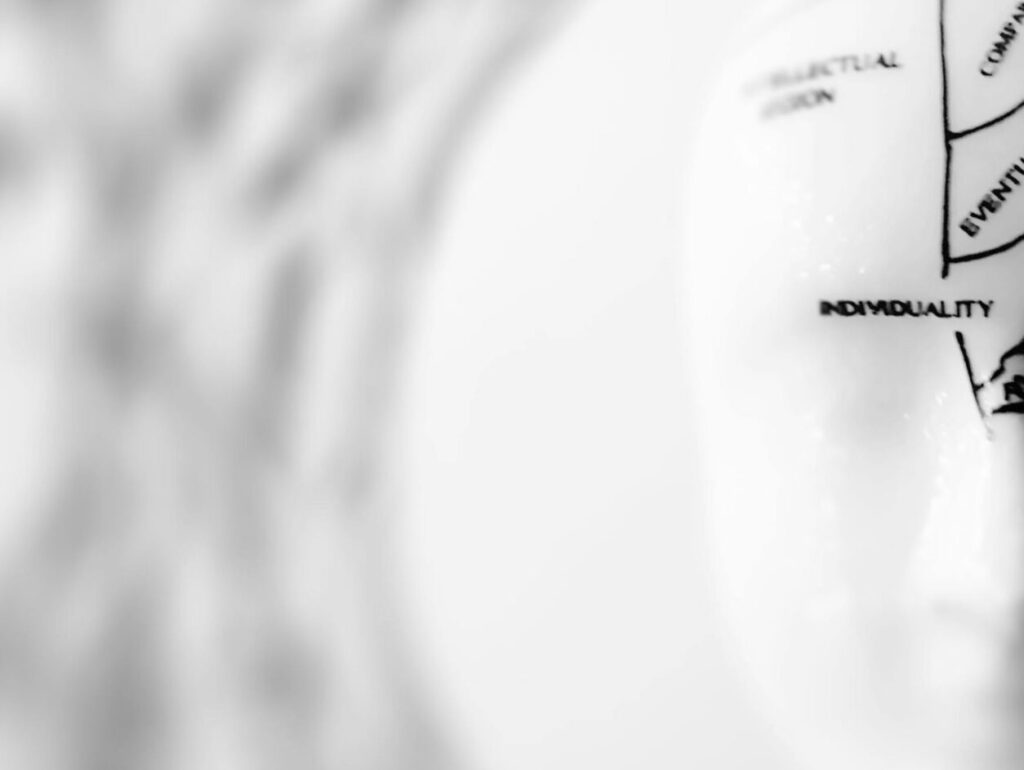Are We at a Cognitive Ceiling—Or an Evolutionary Threshold?
For years, neuroscientists have believed that the central nervous system (CNS) is biologically constrained — that neurons do not regenerate like other cells, and that the brain prioritizes stability over renewal to preserve memory, identity, and learned experiences.
This perspective has led to the assumption that cognitive adaptability has a biological limit—if the world evolves faster than our brain’s capacity to process change, we risk mental exhaustion, anxiety, and cognitive overload.
But what if this assumption is flawed?
🧠 Is the brain already evolving toward greater adaptability?
🧠 Could neurogenesis expand beyond the hippocampus, making the CNS more flexible?
🧠 Is the concept of a “biological ceiling” outdated in light of new research?
This section explores two conflicting perspectives:
✔ The Traditional View → The CNS is inherently rigid and designed for stability, not renewal—suggesting we are reaching an evolutionary limit.
✔ The Evolutionary Learning Hypothesis → The CNS may already be evolving toward greater plasticity and regeneration, much like the peripheral nervous system (PNS) once did.
Can the brain learn to accommodate digital acceleration, or are we fundamentally limited by biology?
The Traditional View: Why the CNS Is Rigid and Neurogenesis Is Limited
The dominant argument holds that neuronal regeneration is intentionally restricted to preserve brain function. Unlike the PNS, which evolved for greater reinnervation and repair, the CNS has remained more controlled, slower to regenerate, and highly specialized.
Why Would Evolution Limit Neurogenesis in the CNS?
✔ Memory Preservation: Frequent neuronal regeneration could disrupt memory storage, learned skills, and cognitive continuity.
✔ Structural Complexity: Unlike skin or muscle cells, neurons form intricate networks. Rapid turnover could destabilize essential neural circuits.
✔ Lysosomal Constraints: Cellular waste disposal mechanisms, such as lysosomes, operate more slowly in the CNS to maintain delicate cellular balance, suggesting an evolutionary trade-off.
Evidence for the Biological Ceiling Theory
📌 Neurodegeneration and Aging → As neurons accumulate damage over time without replacement, conditions like Alzheimer’s and Parkinson’s emerge. Greater regeneration capacity might reduce these diseases.
📌 Limited Neurogenesis Outside the Hippocampus → While some neurogenesis occurs in the hippocampus, most brain regions remain resistant to neuronal replacement, suggesting an evolutionary restriction on adaptability.
📌 Mental Health and the Acceleration Crisis → Rising rates of anxiety, burnout, and cognitive overload in the digital age imply that human cognition cannot keep up with technological progress, supporting the idea of a cognitive ceiling.
🚨 Implication: If the CNS is hardwired for stability over flexibility, extending the human lifespan may not enhance our ability to adapt to rapid technological and societal shifts.
But what if this is only half the story?
The Evolutionary Learning Hypothesis: Can the CNS Adapt to the Modern World?
If the PNS was once rigid but evolved greater regenerative capacity, could the CNS follow a similar trajectory?
Emerging research challenges the biological ceiling theory, suggesting the brain may already be evolving toward greater neuroplasticity and adaptability.
🔬 Key Counterarguments: Signs That the CNS Is More Adaptable Than We Thought
✔ Hippocampal Neurogenesis Proves the CNS Can Grow New Neurons
The hippocampus, critical for learning and memory, generates new neurons even in adulthood.
Could other brain regions develop similar adaptability?
✔ CNS Prioritizes Synaptic Plasticity Over Neurogenesis
Instead of generating new neurons, the CNS refines and reorganizes existing neural connections to enhance cognitive function.
Is synaptic plasticity a compensatory mechanism for limited neurogenesis?
✔ The Enteric Nervous System (ENS) Suggests More Potential for Flexibility
The ENS (our “gut brain”), part of the PNS, is evolutionarily older than the CNS and exhibits greater regenerative capacity.
Could the CNS evolve similarly?
📌 Click here for recent findings on enteric neuron plasticity (2025)
✔ Digital Evolution Might Force Cognitive Acceleration
The human brain is now exposed to unprecedented levels of information, decision-making, and technological immersion.
If neural adaptation follows environmental pressure, could the CNS be evolving toward greater flexibility in response to digital-age demands?
If neurogenesis can be expanded and if the CNS can learn to adapt faster, then our cognitive adaptability may not be as limited as once thought.
The Future of the Debate: Are We Hitting a Ceiling or Entering a New Evolutionary Stage?
This presents a fundamental contradiction:
🔹 Are we biologically destined for cognitive stagnation—trapped by slow neuronal regeneration?
🔹 Or is the brain still evolving—gradually increasing adaptability, just as the PNS once did?
Possible Outcomes:
✔ We Are Reaching an Evolutionary Limit → If the biological ceiling theory is correct, longer lifespans will not enhance cognitive adaptability, and we will struggle with a world advancing beyond our comprehension.
✔ The Brain Will Adapt Over Time → If the CNS follows the PNS’s evolutionary trajectory, future generations may experience increased neurogenesis and adaptability.
✔ We Will Augment Cognition with Technology → If evolution is too slow, humans may integrate AI, neurogenesis-enhancing gene therapies, or neural augmentation to keep pace with digital acceleration.
The Central Nervous System at a Crossroads
Are we trapped by biology, or are we unlocking the next stage of human intelligence?
If the CNS can learn to regenerate, we may be at the threshold of an evolutionary leap—one where the brain adapts to the digital age at an unprecedented rate.
If not, we may have already reached our cognitive limit—and no matter how long we live, our brain’s processing speed will always lag behind the world we are creating.
💡 What do you think? Are we at the end of human cognitive evolution—or just the beginning of something new?




